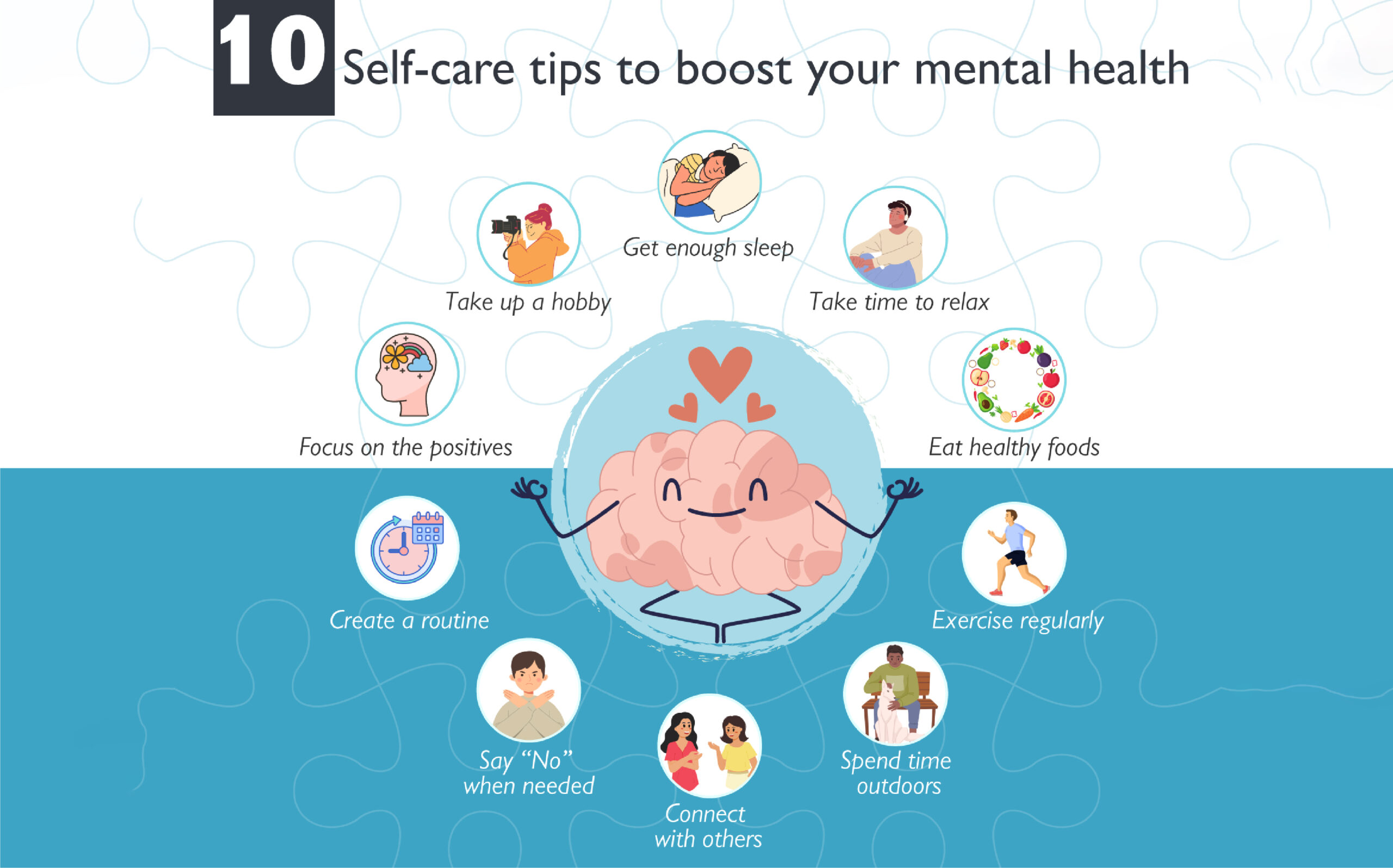Understanding Health: A Holistic Approach to Well-being
Health is one of the most valuable assets a person can possess. It’s more than just the absence of disease or infirmity; it encompasses a state of complete physical, mental, and social well-being. In today’s fast-paced world, maintaining good health has become both a personal responsibility and a societal goal. This article explores the various dimensions of health, why it matters, and how individuals can take charge of their well-being.
The Dimensions of Health
Health can be broken down into several interrelated components. Each dimension plays a critical role in overall well-being, and neglecting one can lead to imbalances in others.
1. Physical Health
Physical health refers to the proper functioning of the body and its systems. It involves regular physical activity, balanced nutrition, adequate rest, and avoiding harmful habits such as smoking, excessive drinking, or drug use. Physical health can be maintained through:
-
Exercise: Regular physical activity improves cardiovascular health, strengthens muscles, boosts immunity, and enhances mood.
-
Nutrition: A diet rich in fruits, vegetables, whole grains, lean proteins, and healthy fats provides the body with essential nutrients.
-
Sleep: Quality sleep allows the body to repair and regenerate, contributing to better cognitive function and emotional regulation.
-
Preventive care: Routine check-ups, vaccinations, and early screenings help detect and prevent health issues.
Neglecting physical health can lead to chronic diseases like diabetes, hypertension, heart disease, and obesity. Hence, adopting healthy habits early in life significantly improves longevity and quality of life.
2. Mental and Emotional Health
Mental health is often misunderstood or overlooked, yet it is just as important as physical health. It includes emotional, psychological, and cognitive well-being. Good mental health allows individuals to handle stress, relate to others, and make sound decisions.
Some key aspects of maintaining mental health include:
-
Stress management: Chronic stress can negatively affect both mind and body. Techniques like meditation, deep breathing, yoga, and mindfulness can help manage stress effectively.
-
Social support: Meaningful relationships with family and friends offer emotional support and reduce feelings of loneliness.
-
Therapy and counseling: Talking to a professional can help individuals navigate difficult emotions, trauma, or mental disorders like anxiety and depression.
-
Work-life balance: Balancing work and personal life prevents burnout and promotes emotional resilience.
The stigma surrounding mental illness is slowly diminishing, allowing more people to seek help and prioritize their emotional well-being.
3. Social Health
Social health refers to the ability to form satisfying interpersonal relationships and adapt to social situations. Humans are social creatures, and strong social bonds play a vital role in overall health.
-
Community engagement: Volunteering or participating in community events fosters a sense of belonging.
-
Healthy communication: Expressing needs and resolving conflicts respectfully strengthens relationships.
-
Support systems: A network of friends, family, or support groups offers emotional and practical assistance in times of need.
A lack of social connection has been linked to higher risks of depression, anxiety, and even physical illnesses such as heart disease. Thus, nurturing social health is essential for overall well-being.
The Role of Lifestyle in Health
Your daily habits largely determine your long-term health outcomes. Here are a few lifestyle factors that significantly impact well-being:
-
Diet: Eating whole, unprocessed foods rich in fiber, vitamins, and minerals keeps the body functioning optimally.
-
Exercise: A combination of aerobic and strength training exercises supports both cardiovascular and musculoskeletal health.
-
Hydration: Drinking sufficient water aids digestion, circulation, temperature regulation, and detoxification.
-
Sleep hygiene: Keeping a consistent sleep schedule and creating a restful environment helps maintain mental alertness and emotional stability.
-
Avoiding toxins: Reducing exposure to pollutants, alcohol, and tobacco reduces disease risk and improves quality of life.
Changing unhealthy habits may be challenging, but even small steps in the right direction can lead to lasting improvements.
Preventive Health: The Key to Longevity
Rather than waiting for health issues to arise, preventive care focuses on avoiding disease before it starts. This includes:
-
Regular health screenings: Blood pressure, cholesterol, blood sugar, and cancer screenings can catch problems early.
-
Vaccinations: Immunizations protect against potentially life-threatening diseases.
-
Healthy environment: Clean air, safe drinking water, and hygienic living conditions reduce the spread of illnesses.
-
Health education: Awareness of health risks and safe practices empowers individuals to make informed choices.
Governments and communities also play a critical role in promoting public health by implementing policies that support healthier lifestyles.
Health and Technology
Modern technology has transformed how people manage their health. From fitness trackers and telemedicine to mobile health apps and online therapy, technology makes it easier to monitor and improve well-being.
-
Wearables: Devices that track heart rate, steps, and sleep help users stay active and informed.
-
Telehealth: Remote consultations provide access to care, especially in underserved or rural areas.
-
Mental health apps: Guided meditations, mood tracking, and therapy tools offer accessible mental health support.
However, it is essential to use technology mindfully. Excessive screen time, social media overuse, and digital burnout can negatively affect mental and physical health.
Challenges to Health in the Modern World
Despite advances in medicine and public health, several challenges persist:
-
Sedentary lifestyles: Many jobs and pastimes involve sitting for extended periods, increasing the risk of chronic disease.
-
Poor nutrition: Fast food and processed snacks are widely accessible but often lack essential nutrients.
-
Environmental issues: Pollution and climate change pose growing threats to human health.
-
Mental health crisis: Anxiety, depression, and burnout are increasingly common, especially among young people.
Addressing these issues requires a combined effort from individuals, communities, and policymakers.
Conclusion: Health is a Lifelong Journey
Health is not a one-time achievement but a lifelong journey that requires consistent attention and effort. It involves making conscious choices that support your body, mind, and social well-being. By embracing a holistic view of health and taking proactive steps, individuals can enhance their quality of life and contribute to healthier communities. Remember, it’s never too late—or too early—to prioritize your health.
